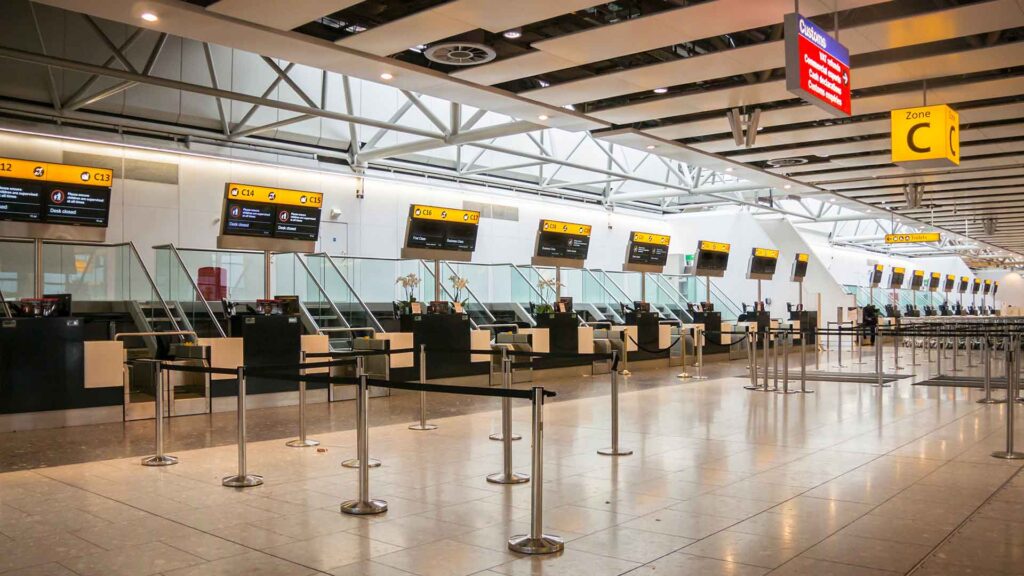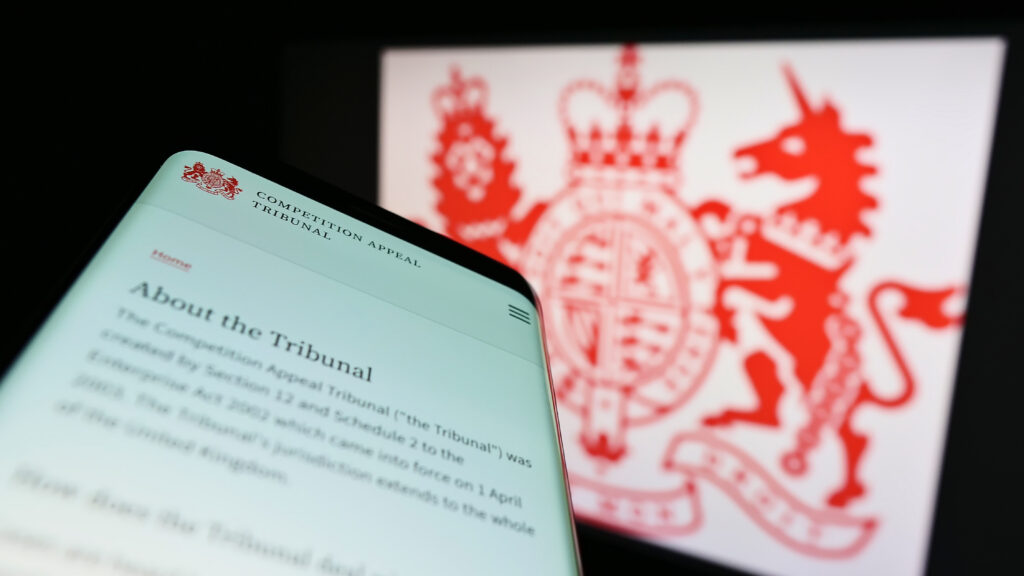On 26 June 2025 the Home Office released updated guidance on carrying out right to work checks in the UK which can be accessed here. Our previous article provides a useful recap on right to work checking practices, including why employers need to carry them out, how to perform them and the punishments for failing to follow protocol.
This article is relevant to employers and those with recruitment responsibilities within their organisation. All employers in the UK have a responsibility to prevent illegal working, which can be done by carrying out right to work checks on prospective employees and workers in accordance with Home Office guidance. Carrying out these checks will enable employers to establish a statutory excuse against liability for a civil penalty if it is found that they have employed or engaged someone who does not have the right to work in the UK.
We will set out useful information from the recently updated guidance, specifically relating to Biometric Residence Permits and short-term entry clearance vignettes, and changes to checks carried out using Digital Identity Document Validation Technology (IDVT) via the services of an Identity Service Provider (IDSP).
Types of right to work checks
There are three types of right to work checks that an employer can carry out:
- A manual check
- A check using IDVT via the services of an IDSP
- A Home Office online right to work check
Updated guidance on Biometric Residence Permits and short-team entry clearance vignettes
Biometric Residence Permits (BRPs)
BRPs previously served as evidence of a holder’s immigration status in the UK. However, the Home Office stopped issuing these on 31 October 2024 as part of a move towards a more digitalised immigration system. Those holders of BRPs that expired on 31 December 2024 (which to recap, was expiry of the card, not the underlying visa) have therefore been encouraged to create a UKVI account to access their eVisa (and see their actual visa expiry date). The Home Office’s updated guidance further confirms that a manual check of an original and expired BRP is not acceptable proof of an employee’s right to work in the UK. Instead, a Home Office online right to work check will need to be conducted by employers in these circumstances to establish a statutory excuse against liability for a civil penalty.
This has been the case in a sense since April 2022, where online checks have been required for holders of BRPs. However the guidance now goes further to confirm that expired BRPs will not provide proof of right to work.
Short-term entry clearance vignettes
Individuals who are allowed the enter the UK for more than six months will continue to be issued with a visa sticker (vignette) in their passport. These are valid for 90 calendar days and enable overseas migrants to travel to and enter the UK. However, the Home Office’s updated guidance states that these short-term entry clearance vignettes will start being phased out in 2025 and therefore, individuals will increasingly only have their eVisa as proof of their permission to enter and work in the UK. Those who continue to receive short-term entry clearance vignettes are also encouraged to create a UKVI account (which can be done before entering the UK) to access their eVisa and demonstrate that they have a continuing right to enter and work in the UK.
Currently if an individual needs to commence work for an employer prior to accessing their eVisa, they will be able to provide evidence of their right to work by producing the short-term entry clearance vignette which was used to gain entry into the UK. Employers will need to carry out a manual right to work check on the basis of the vignette, which must be valid at the time of the check. However, as the vignette expires 90 calendar days from the date of issue, employers will need to repeat the check using the online service before that 90 days expires. Employers are generally not required to immediately dismiss an employee who is unable to access their eVisa when the vignette expires if they believe they continue to have the right to work in the UK. However, upon the expiry of the vignette, the employer will no longer be able to establish a statutory excuse if the employee is found to be an illegal worker. This process will of course become redundant once vignettes are phased out.
Updated guidance on checks carried out using IDVT via an IDSP
These types of checks are carried out on British and Irish citizens who hold a valid passport (including Irish passport cards).
Most changes on these types of checks in the updated guidance relates to simplifying the checks, with technical details being removed which were previously intended for providers of these digital verification services. The guidance has also refined the terminology in relation to these checks, so that Digital Verification Service (DVS) now includes both Identity Document Validation Technology (IDVT) and Identity Service Providers (IDSP).
Further to this, requirements for DVS are now set out in a supplementary code for digital right to work checks and the relevant guidance has been revised. A DVS can either be certified against ‘the trust framework’ (which sets out what good Digital Verification Services can look like) or the against the supplementary code to demonstrate that they meet the Home Office recommendations for right to work checks. Although it is currently not mandatory to use a DVS certified against the trust framework or supplementary code, the updated guidance confirms that this position is set to change in the near future and it will become mandatory to use a DVS that is listed on the register of certified DVS (the current register can be accessed here).
Employers should keep up to date with updates to guidance to ensure that they are conducting right to work checks correctly and are therefore able to establish a statutory excuse against liability for a civil penalty if they are found to have employer an illegal worker. Possible penalties for non-compliance include (but are not limited to) a civil penalty of up to £60,000 per illegal worker (or £45,000 for a first offence) and revocation of an employer’s sponsor licence.
How can we help?
If you need help with performing your right to work checks or have any queries regarding the updated guidance, please get in touch with our Business Immigration Team.




